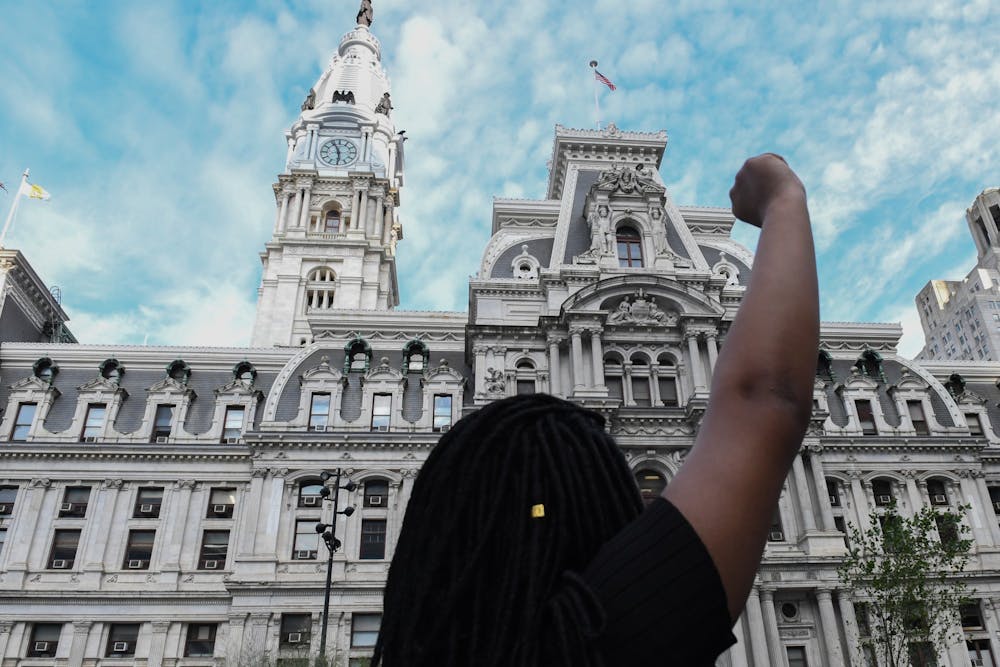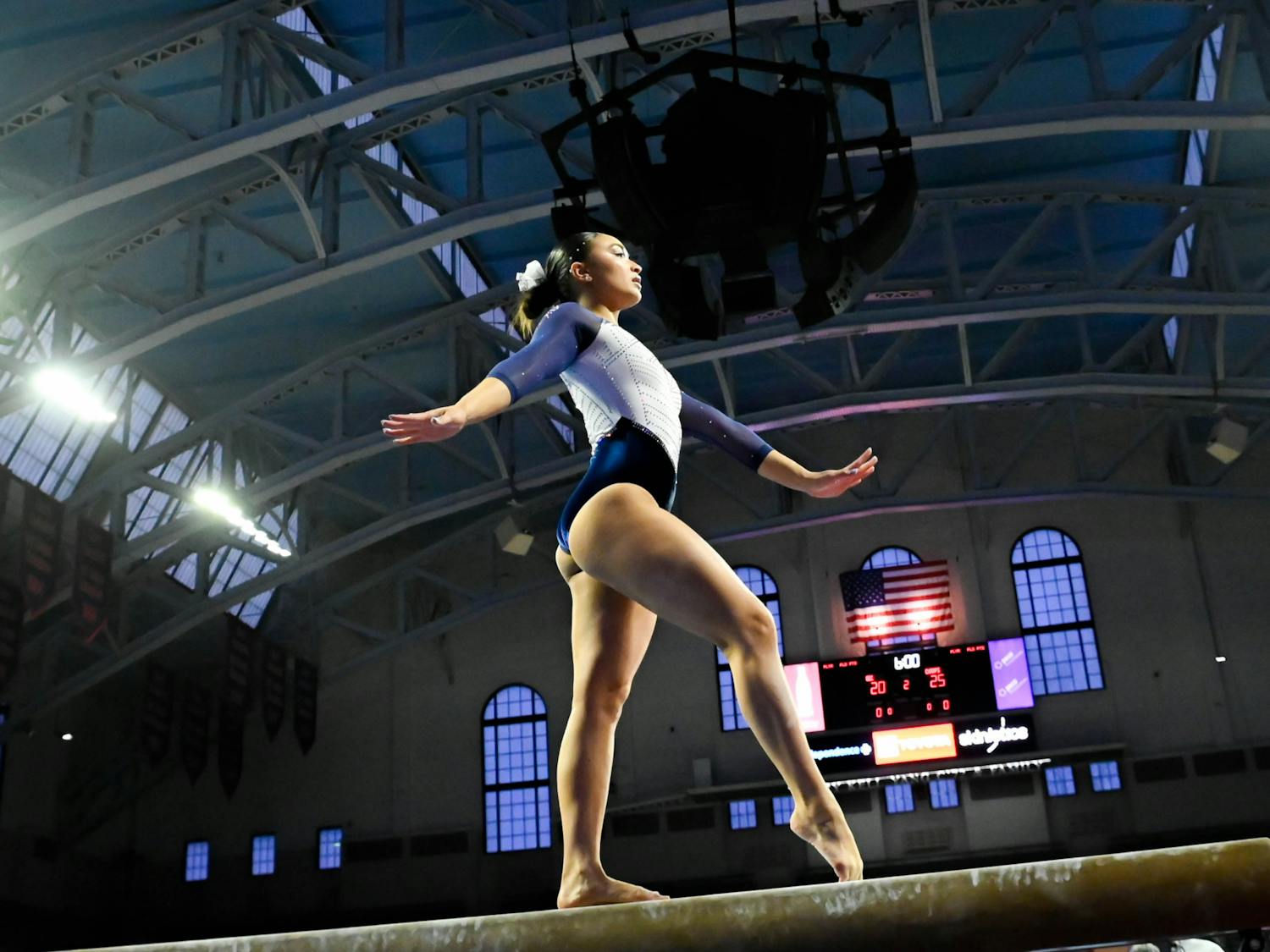Athletes are celebrities. Millions of fans, many of them children, look up to their favorite sports stars as role models for how they should act. Being politically active, especially when putting forth messages of tolerance and opposition to hatred, is no different.
We are fortunate to live in a country where freedom of expression is not only given but encouraged, and athletes are fortunate to have a platform where they can express their opinions and be heard by multitudes around the country and world.
Just like how editors like me are also fortunate to have the platform to reach a wider audience with our words, we have a responsibility to use that power to improve society and call out the injustices that exist within it, even if it might not be what everyone wants to hear.
It has become normalized for sports and politics to be closely intertwined, from championship-winning teams visiting the White House (or declining the invitation) to even playing "The Star Spangled Banner" before games — and the recent kneeling for the anthem that cost Colin Kaepernick his NFL job.
With many contentious issues occupying the current political climate, including the coronavirus pandemic, systematic racism in the United States, and the upcoming presidential election, now is the time for people to use their voices to fight for what they believe in, and athletes are simply exercising that right.
After a police officer shot and seriously injured Jacob Blake on Aug. 23, the sports world saw a number of teams and athletes refusing to play in protest, forcing the postponement of games and practices in each of the Big 4 sports leagues, as well as the WNBA and Major League Soccer. Former world No. 1 tennis player Naomi Osaka, who is half-Black, withdrew from her semifinal match at the Western & Southern Open in late August to protest the "continued genocide of Black people".
Given the platform athletes have and the fact that they are not doing harm by refusing to play, they should be free to sit out if they so choose. Along with kneeling for the national anthem, this unified action among teams similarly draws attention to systematic racism in America and continues to keep it in the national spotlight.
Taking a stand politically is by no means limited to professional athletes either. A growing number of college players have begun to use their voices to call for change, especially with regards to the Black Lives Matter movement.
RELATED:
Penn basketball players react to Black Lives Matter and Penn Athletics' plan of action
Jelani Williams: 'Penn as an institution has to do more for West Philly'
Chuba Hubbard, a football player at Oklahoma State, took a stand when his coach, Mike Gundy, was seen wearing a shirt with the logo of One America News, a far-right news network that has been linked to conspiracy theories and that has opposed the Black Lives Matter movement.
Gundy subsequently apologized, but Hubbard calling him out was a sign of college athletes' increasing influence and the power they have to enact change.
Even at Penn, there has been a growing movement among Black athletes to increase Black representation at the school and further serve people of color in the West Philadelphia community.
Other key issues like the uncertainty surrounding the impending college sports season and the debate over whether athletes should benefit from their own name, image, and likeness also draw strong opinions.
While the term "student-athlete" is frequently used to describe college students who take part in sports, many argue this phrase delegitimizes the role of athletes who serve as major revenue generators for their schools, especially those in Power Five conferences.
The NCAA reached a landmark decision last fall when it ruled that it would look into paying athletes for such endorsement deals, but nothing concrete has yet been established. As the movement gains traction, expect to see athletes themselves leading the charge.
There are some who argue that sports and politics are better off as separate spheres of society and thus have no place interacting with each other. After all, most fans tune in to see the actual game, not politically charged messages they can get from any news channel.
However, in moments of uncertainty and frustration, people often turn to inspirational figures for guidance, and professional athletes are providing a platform to amplify the voices of many.

WILL DiGRANDE is a College senior from Warren, N.J. and a Senior Sports Editor for The Daily Pennsylvanian. He can be reached at digrande@thedp.com.









